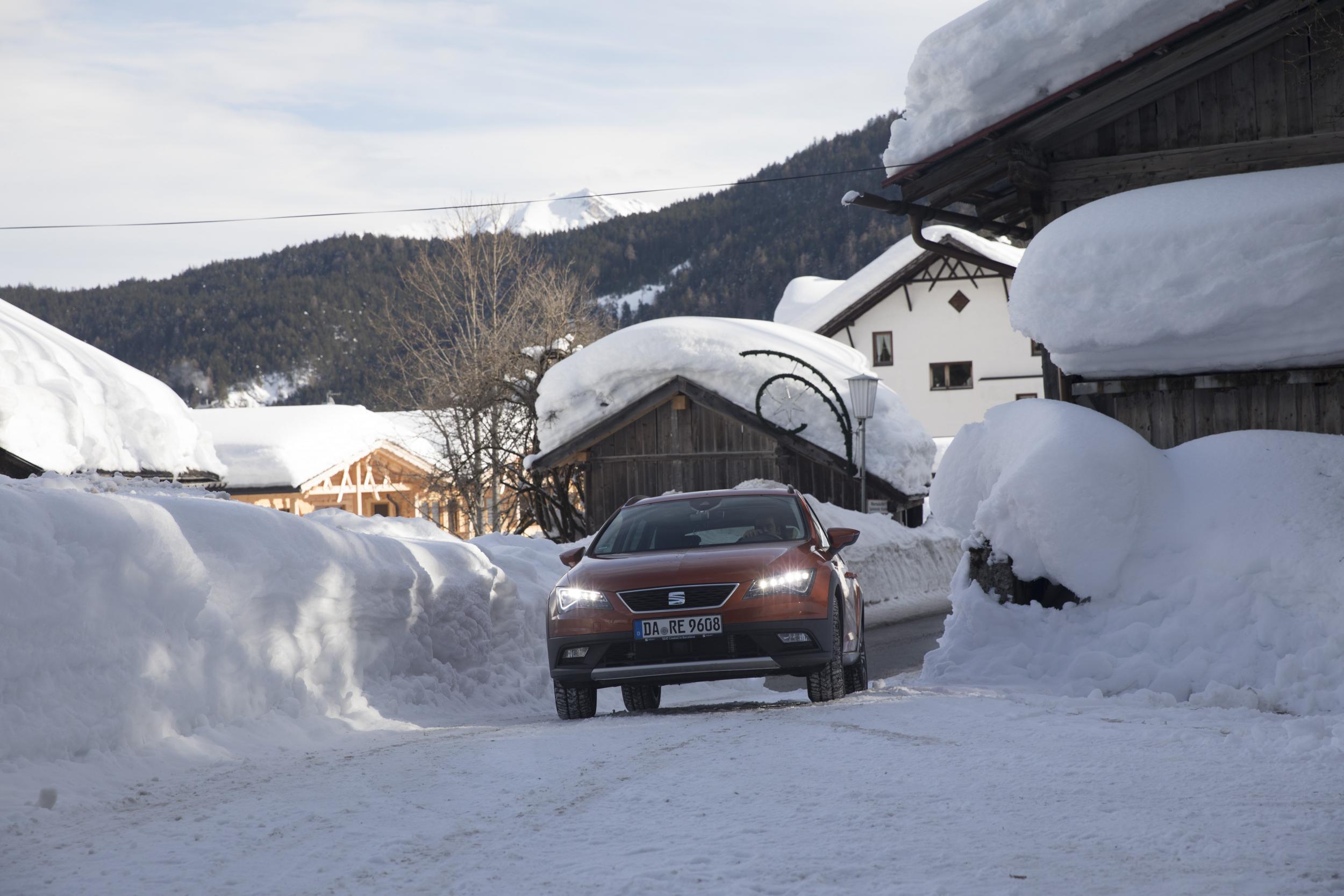The Independent's journalism is supported by our readers. When you purchase through links on our site, we may earn commission.
Slip sliding away: Why winter driving brings out the worst in us
Few things expose the ignorance of British motorists more than having to deal with ice, snow and frost. And don’t even think about putting that kettle on, warns Sean O’Grady

As you’ll have no doubt noticed, it’s nippy out, and this winter is shaping up to be one of the coldest and snowiest on record.
No surprise ether, though, that the British motorist is chillingly ignorant about how and what to do about driving in snow and ice. According to the Winter Driving Study, a survey by the digital marketplace Auto Trader, more than 1 in 4 drivers (28 per cent) are frightened to drive in the snow – and many are in any case unaware of the guidelines for driving in wintry conditions. The ignorance of British drivers ranges from what colour black ice is (trick question) to stopping distances for driving on ice, with some admitting to driving with their head out of the window with an iced-over windscreen. (Black ice, by the way, is transparent, as ice tends to be; it is “black” because you can see the road underneath.)
Three-quarters of those surveyed were unaware that the safe stopping distances increase tenfold in icy conditions. One in ten (11 per cent) – or 3.6 million drivers – do not wait at all, instead starting their journey with their head sticking out of the window, in order to see where they are going.
Meanwhile, 12 per cent of us admit to having driven one-handed while holding a hot drink on cold mornings – meaning they are at risk of losing control of their vehicle.
A similar number (8 per cent) say they have driven without a seatbelt on cold days, in order to peel off layers of clothing as they eventually warm up.
There were some 32,000 road accidents between October and December last year, with 443 of those proving fatal, to put matters into perspective.
Many cars may also not be equipped to tackle winter conditions due to poor winter maintenance, according to Auto Trader, as less than half (46 per cent) of motorists know where to put anti-freeze in their car, and only 1 in 2 of those on the roads (50 per cent) keep their cars topped up with it. Drivers should certainly consider fitting special winter tyres to their car to improve grip and braking.
About 1 in 3 motorists don’t even own an ice scraper (maybe they use their credit cards), while a remarkable one in four have such a poor grasp of chemistry that they admit they pour boiling water over their windscreen when it’s frozen.
A spokesperson at Auto Trader commented: “We’re about to experience one of the coldest winters since the Big Freeze of 2010. In wintry conditions, we’d advise drivers to stay off the roads if possible and only travel if it’s unavoidable. That said, many people will still choose to drive or may have no choice but to make a journey.
“Clearly, many UK motorists have a real knowledge gap about how to prepare for and actually drive in cold temperatures and many are actually unknowingly breaking the law. What’s more worrying, however, is that many could be putting themselves, their families and other drivers on the road at risk as a result.
“Each winter, we see road accidents happen that could have been avoided with a bit of preparation or knowledge.”
Check out the Auto Trader winter driving guide here; and the AA version here.
Subscribe to Independent Premium to bookmark this article
Want to bookmark your favourite articles and stories to read or reference later? Start your Independent Premium subscription today.

Join our commenting forum
Join thought-provoking conversations, follow other Independent readers and see their replies